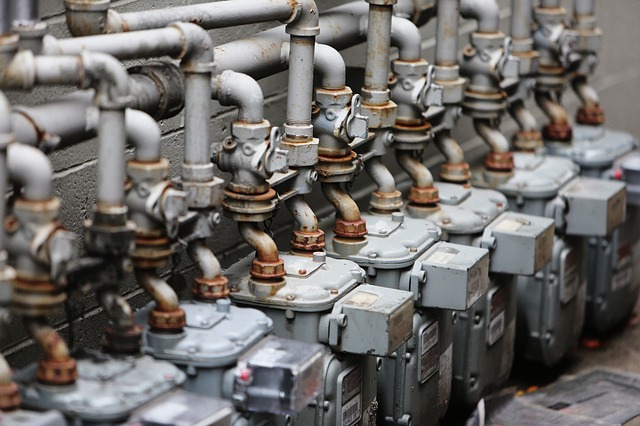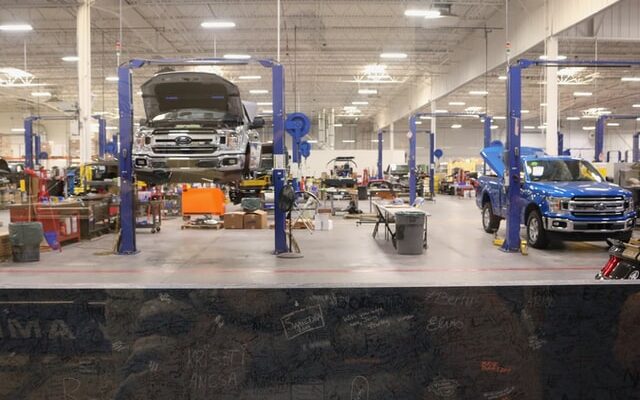
Fuel transfer pumps are an essential part of transportation and operation of on road and off road vehicles. Fuel and gas are most commonly delivered at a gas station via underground tanks and dispenser pumps. Fuel transfer pumps can be used to deliver fuel for vehicles, machinery, and construction equipment. Here are a few factors to consider when you’re looking for a fuel transfer pump.
Type of Power
These pumps derive power from one of three sources: manual labor, 12v/24v battery operated or 115v/230v power source. Manual fuel transfer pumps are inexpensive but because they are hand operated, the flow rates are much lower. Electric pumps are more efficient than manual ones but are also more expensive. Electric models are UL listed and are offered with meter, hose and nozzle.
Speed of Fuel Transfer
You may think the ideal fuel transfer speed is always “as fast as possible.” However, different types of machinery have different needs. Most electric pumps range from 12 gpm to 35 gpm and will accommodate light duty vehicles, medium to large vans, and larger vehicles like trucks, buses and heavy construction equipment.
Technical Considerations
Here are the factors you need to consider:
- Intended purpose: There’s no reason to buy a fuel transfer pump that’s overpowered and too expensive for smaller vehicles. For large vehicles and construction equipment, don’t skimp on underpowered equipment and risk prematurely wearing out the pump.
- Type of fuel: Some fuel transfer pumps only work with diesel while others work with gasoline, kerosene and oil, as well.
- Voltage: You need to be able to power the fuel pump you buy. For an electric fuel transfer pump to work properly, the voltage input needs to match the voltage output of the power source.
Determining the Best Fit
Keep in mind that people will be using the fuel transfer pump you buy. It needs to be user friendly, safe and sturdy. Here are a few things to consider when shopping for one:
- Ease of use: Find one that has what you need and that you or your team can operate.
- Safety: Make sure the pump has passed quality control tests and is UL listed.
- Warranty: The typical warranty for a fuel transfer pump is 2 years, but higher quality products may have longer warranty terms. If the warranty on a pump is less than a year, consider going with a different, more reliable brand.
Automotive shops require a variety of equipment to operate, including fuel transfer pumps. Our team at Sunshine Equipment Solutions is here to help with your Orlando fuel transfer pump needs. We sell, service and install quality automotive shop equipment. If you’re in the market, give us a call at 407-295-8113 or contact us online.


